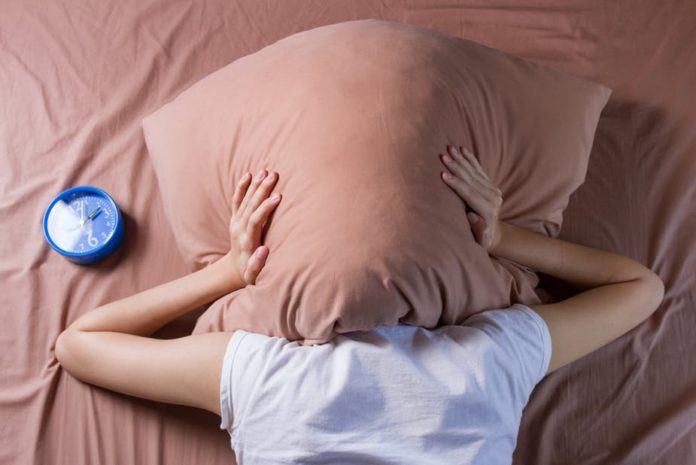
The “good” sleepers will occasionally experience a night of tossing and turning in bed. It should not be a cause for alarm, but it can be nipped in the bud before it becomes a full-blown problem. Below are a few tips worth considering if you want to regain your normal sleep routine.
- Control Your Light Exposure
Light can impact your circadian rhythm. Therefore, people should consider exposing themselves to light as soon as they get up and during the day to help their system acknowledge it is time to awake. Conversely, lessening the exposure in the evening and at night (the darkness) will cause the brain to produce melatonin, a hormone associated with inducing sleepiness.
Therefore, a lot of light, especially blue light from digital screens like laptops, TV, computer, tablets, and mobile phones, disrupts our sleep-wake cycle causing us to toss and turn in bed wide awake. The best thing to do in preparation for bed is to avoid the blue light several hours before bed. You also can enhance this by using blackout curtains, dimming the lights (better yet, switching them off), or wearing a sleep mask.
- Clear Your Head
A restless mind is often a cause for sleep troubles, especially when anxious about work, a looming life dilemma, or an upcoming event. The secret to overcoming this is pushing such issues aside to allow your mind to settle. Clear your mind of such thoughts and focus on a nightly bedtime ritual that promotes good sleep hygiene. It can be listening to soothing music before and when in bed, taking a warm bath, and counting slow breaths, or any other things that help prime your body for a restful night’s sleep.
- Temporary Sleep Problem
It would be best if you considered the episode as a temporary sleep problem. The issue can stem from the fact that you did something that takes you off your sleep schedule. It can be an episode that lasts for more than a night, spanning a few weeks, or even turn into months of sleepless nights. Jet lag from frequent traveling across time zones and irregular work shifts with demanding tasks/duties are some of the leading causes to monitor as you look for ways to counter their effects on your sleep schedule and routine.
- Stick To A Sleep Routine
Accustom your body to a sleep-wake schedule that you must follow religiously. Start with implementing the tips mentioned above and do your best to resist the urge to sleep in on your off days or weekends. Also, try and stay wide-eyed throughout the day, with a power nap squeezed in between your hours. A long nap can send mixed signals that make it harder for your body to know when to reset your sleeping time. Limit your power nap to a max of 15 to 20 minutes, and it should be in the early afternoon.
- Exercise Daily
Exercising for a little as ten minutes can have a profound impact on our sleep pattern. Regular workouts improve your body function and increase energy levels and help reduce stress and improve your slumber. Biking, running, jogging, pilates, swimming, and dancing are some of the cardio exercises worth considering if you want to enjoy better sleep.
- Get Comfortable
You can follow all of the above advice but if your mattress has seen better days you will still end up tossing and turning trying to get comfortable. Read these Forty Winks mattress reviews and consider upgrading your mattress.





